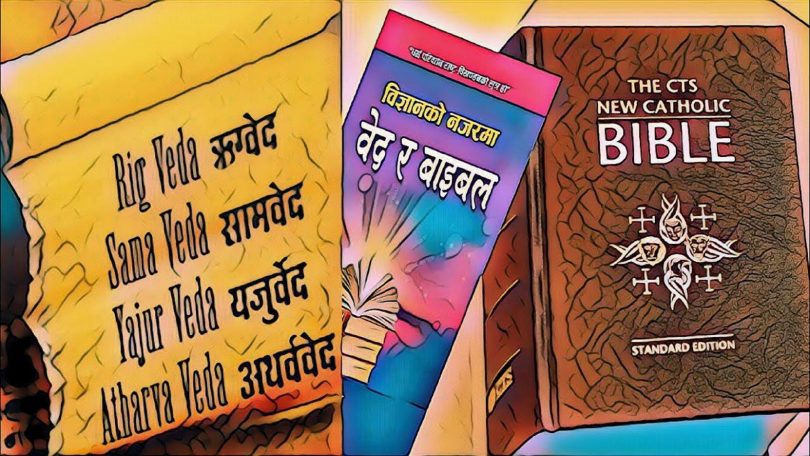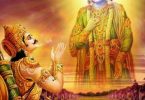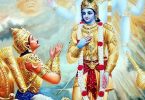Question: I have a question regarding the Christian scriptures where they have some similar stories compared to Krishna’s pastimes. Ex: Matsya avatar was revealed through Srimad Bhagavatam; in the Bible the story is pretty much identical but in a different Kalpa with different characters. How can we understand this? Can Christianity or any religion be compared to our scriptures? Can we say that our religion has higher taste than others?
Answer: Different scriptures have different references of the Lord’s pastimes. The pastimes of the Lord are eternally manifested, and it is quite possible to find similar references of them in different kalpas as well as in different scriptures.
The Vedas have been in existence eternally. Srila Prabhupada writes in the purport to SB 1.4.23, “The original source of knowledge is the Vedas. There are no branches of knowledge, either mundane or transcendental, which do not belong to the original text of the Vedas. They have simply been developed into different branches. They were originally rendered by great, respectable and learned professors. In other words, the Vedic knowledge, broken into different branches by different disciplic successions, has been distributed all over the world. No one, therefore, can claim independent knowledge beyond the Vedas.”
According to time, place and circumstances, different agents of God preach the message of God. Often the names of empowered agents of other religions are predicted in the Vedas.
Srila Prabhupada also mentioned in his conversations with others that any religion which teaches one to love and serve God unconditionally and favorably is true religion.
Besides having many common principles across the board among different religions, there exist some differences in terms of the depth each of the different scriptures provide.
Vedas give many in-depth details on creation, the workings of the material world, information on the features and qualities of the Supreme Lord, description of the eternal spiritual world, etc. In fact, Vedanta means ‘the end of knowledge’. Therefore, it leads us to the understanding of the ultimate goal of knowledge which is to know Kṛṣṇa. It is complete and perfect.
On the other hand, we find that Jesus Christ said, “I have more to reveal but the people do not have the ears (qualification) to listen” (or “I have so much more to tell, but you cannot bear to hear.”)







